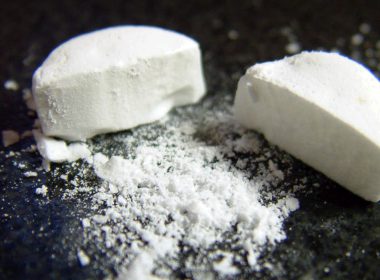The US opioid epidemic has been described as the worst drug crisis in American history. Australia has so far evaded the damage that has led to an historic class action against opioid manufacturer Purdue Pharma. But as opioid use increases in Australia, how far are we from a similar action?
They’re the American-British family worth more than most of Hollywood put together. But despite their estimated US$13 billion net wealth, most people have never heard of the Sackler family. Until recently.
Lawyers around the world sat up to pay attention in February 2019, when one of the world’s largest-ever class actions was brought against members of this formerly secretive, multi-billion-dollar dynasty.
More than 500 cities, counties and tribes across the US filed a united lawsuit against Sackler-owned pharmaceutical giant Purdue Pharma, the company infamous for developing and distributing a brand of pain-relieving opioid called OxyContin. Eight Sackler defendants were exposed as board members and operating officers of Purdue Pharma. They are accused of helping to fuel, and profit from, the US opioid epidemic through aggressive marketing tactics that vastly underestimated the addictive qualities of OxyContin.
And while the American crisis and ensuing legal battle may seem far removed from Australia, a leading consumer rights and class action lawyer says an opioid-related class action could well be “in the wind for Australia”.
“If a person develops a crippling addiction from a drug prescribed for common pain problems, and they’ve relied on representations that said it was not addictive, then they can claim damages for misleading and deceptive conduct,” says Ben Slade, Managing Principal of Maurice Blackburn in Sydney and head of the firm’s NSW class actions department.
“They may also be able to claim for personal injury under Australian Consumer Law, depending on the extent of the addiction and the harm caused.”
The monumental US action has since been split into some 2,000 lawsuits filed in various federal and state courts against Purdue Pharma, some joining other drug makers as defendants. The first of these suits, brought against Purdue and the Sacklers by the US state of Oklahoma, was settled for US$270 million (AU$378 million) in April.
“If the evidence is that the impact of drugs is as severe as the Americans allege – people becoming chronically addicted and unable to keep working, losing their jobs and income – it could well be that a class action is in the wind for Australia,” says Slade.




